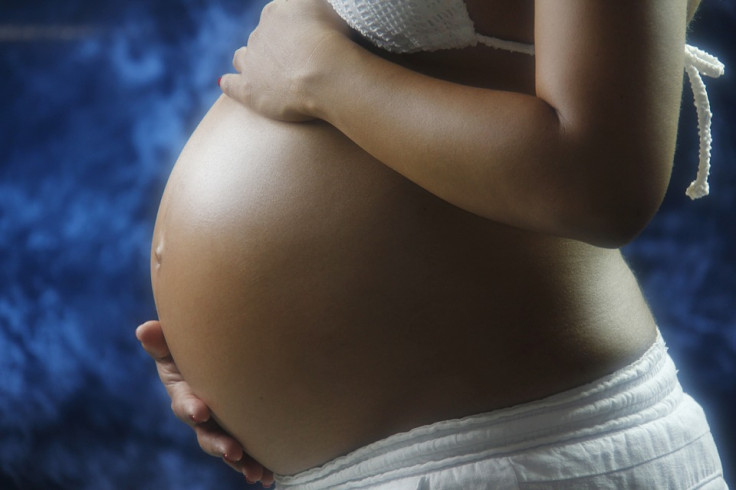'A National Wake-Up Call': Black Babies 81% More Likely to Die in NHS Neonatal Care, Study Finds
Study of more than 700,000 babies shows Black and deprived families face the highest neonatal mortality rates.

A major NHS-backed study has found that babies born to Black mothers in England and Wales are 81% more likely to die in neonatal care compared with those born to white mothers, in what experts describe as one of the clearest indications yet of ethnic and socioeconomic inequality in infant survival.
The research, published in The Lancet Child & Adolescent Health, analysed data from more than 700,000 babies admitted to neonatal units between 2012 and 2022. It found that mortality rates for babies born to Black mothers reached 29.7 deaths per 1,000 admissions, compared with 16.9 per 1,000 for those born to white mothers.
Babies in Deprived Areas Also Face a Greater Risk
The same study revealed that geography and income play a major role in survival. Babies from the most deprived areas faced a 63% higher risk of death than those from the least deprived areas. In 2022, mortality rates were 25.9 per 1,000 in the poorest regions, compared with 12.8 per 1,000 in the wealthiest regions.
Lead author Dr Samira Saberian, from the University of Liverpool, said: 'Socioeconomic and ethnic inequalities independently shape survival in neonatal units, and maternal and birth factors explain only over half of the socioeconomic and ethnic inequalities.' She added: 'By improving services and addressing the root drivers of inequality, we can give the most vulnerable babies a better chance of survival.'
Structural Inequality Remains After Adjusting for Risk
The authors adjusted for gestational age, maternal health and birth complications, but found that these factors did not fully explain the disparity. In the case of babies born to Black mothers, about three-quarters of the difference in mortality rates was accounted for by such variables, leaving a significant proportion unexplained.
According to the neonatal charity Bliss, 'behind every statistic in this sobering new research is a family whose lives have been changed forever... It is simply unacceptable that babies are dying in greater numbers because of the colour of their skin or their background.'
Wider Context of Racial Inequality in Maternity Care
The findings follow mounting evidence of racial disparities in NHS maternity outcomes. A 2025 report by MPs on the Health and Social Care Committee found that systemic racism continues to affect care for Black women, contributing to higher maternal and infant mortality rates. The same report noted that NHS trusts often fail to record ethnicity data accurately, hampering accountability.
Another analysis earlier this year found that NHS England frequently fails to record the ethnicity of patients involved in maternity negligence claims, raising concerns about how disparities are tracked.
Calls for Urgent Action and Reform
Researchers and campaigners are calling for targeted investment in neonatal care for communities most affected by deprivation and racial inequity. Proposed measures include culturally sensitive maternity services, improved translation and support for non-English-speaking parents, and mandatory reporting of ethnicity in neonatal datasets.
Dr Saberian said that improved training and awareness in neonatal units could help reduce bias and ensure that 'clinical decisions are made consistently and equitably.'
Public health experts argue that the new findings reveal how broader social determinants — including housing, poverty, and workplace inequality — are directly linked to infant survival.
'A National Wake-up Call'
Campaigners have described the findings as a national wake-up call. Caroline Lee-Davey, chief executive of Bliss, said: 'This report must be a wake-up call to decision-makers that change is needed, and we call on the Government to ensure these findings form part of its ongoing review into maternity and neonatal services in England.'
The Department of Health and Social Care said it is reviewing the study's recommendations as part of a broader plan to tackle racial inequality in health outcomes across England.
© Copyright IBTimes 2025. All rights reserved.




















